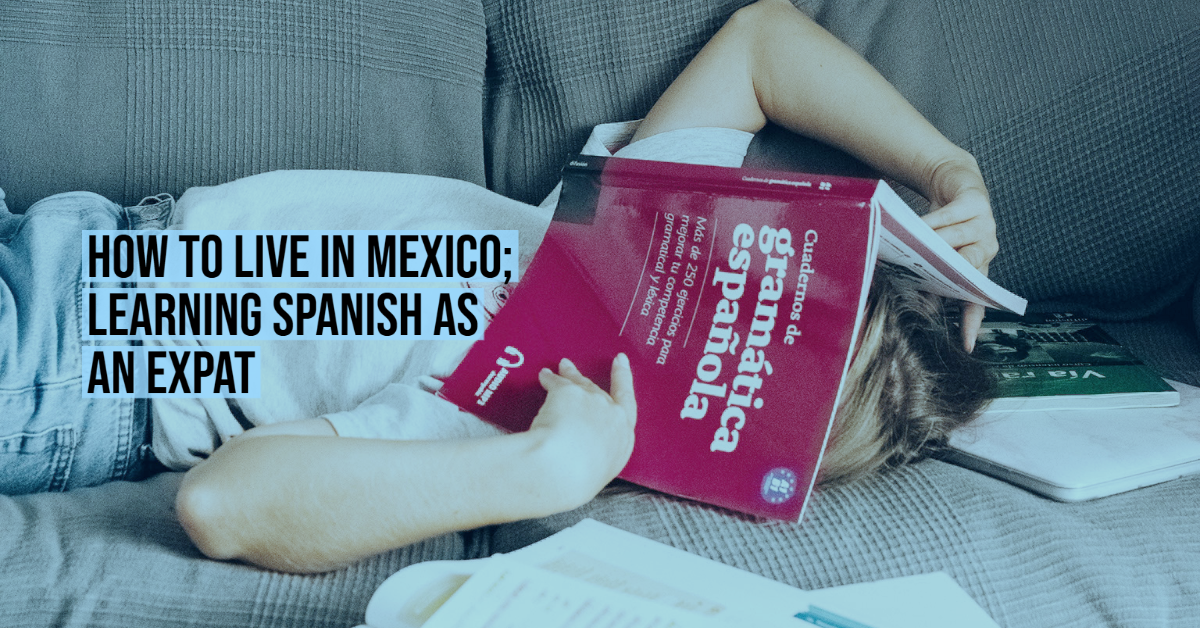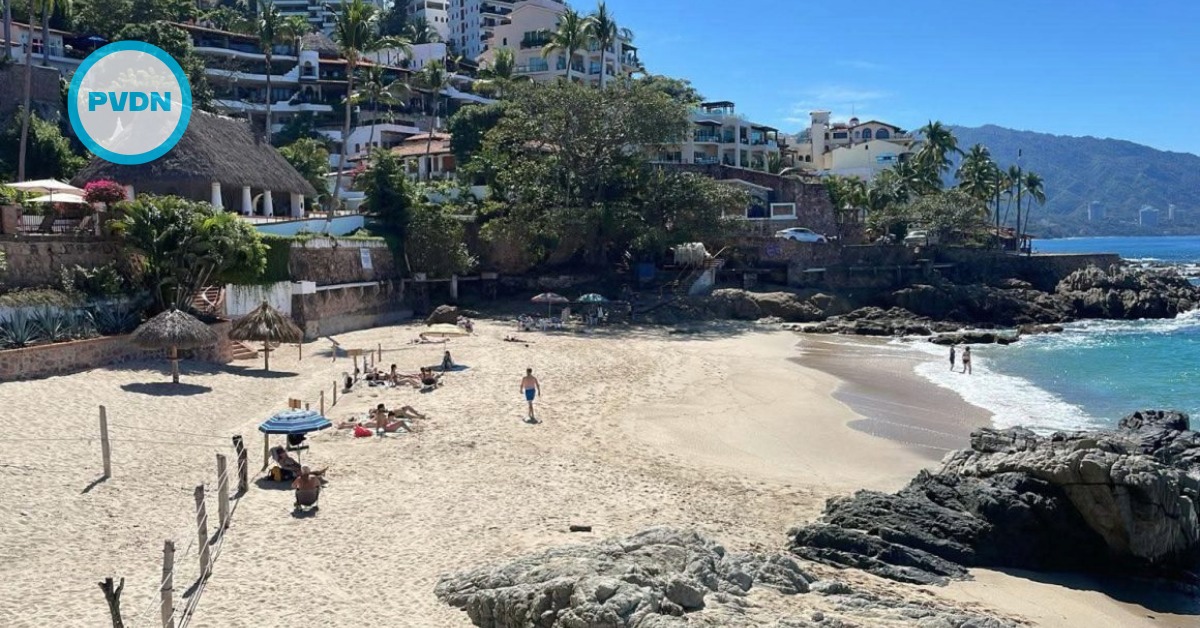I hope that you haven't stopped learning English, or whatever your native language might be, and learning Spanish will be the same. We never stop learning, or we shouldn't. And there are ways to learn Spanish that will help get you communicating better in your new country.
We have already learned one language, so we have proven to ourselves that we are capable of learning a language, we just need to use the same approach that enabled us to learn English, or our native language.
Most of us already spoke our native language . . .






